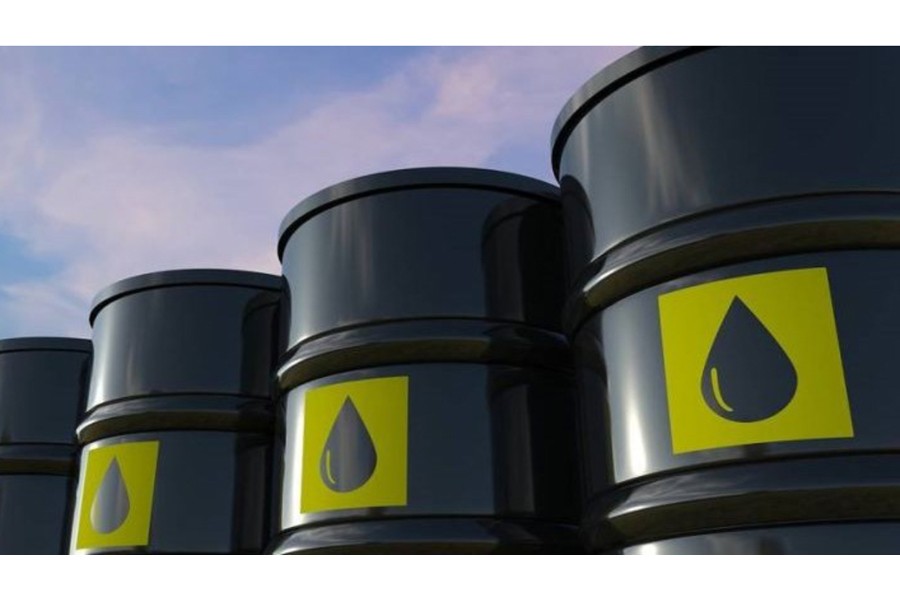Bangladesh will import around 1.42 million tonnes of petroleum fuel through government-to-government (G-to-G) initiative from eight state-owned companies of different countries from January to June this year.
According to official sources at the Energy and Mineral Resources Division under the Ministry of Power, Energy and Mineral Resources (MPEMR), the government will require to spend about US$806.769 million, equivalent to Tk 67.7287 billion (Tk 6772.87 crore), to import this bulk refined petroleum fuels.
They said the state owned Bangladesh Petroleum Corporation (BPC) will import the bulk petroleum. Of the total fuels, the BPC will import 1.19 million mt gasoil (diesel), 100,000 mt Jet A-1 fuel, 30,000 mt petrol (mogas) and 100,000 mt of furnace oil.
The Cabinet Committee on Public Purchase last week approved a proposal of the Energy and Mineral Resources Division to allow the BPC to import the bulk petroleum.
The committee also approved the premium import proposals with $2.95 per barrel for diesel, $3.95 per barrel for Jet A-1, $5.50 per barrel for petrol and $29.75 per metric ton for furnace oil, reports UNB.
As per the proposal, BPC will import 90,000 mt of diesel, 40,000 mt of furnace oil and 15,000 mt of petrol from BSP Zapin of Indonesia and 110,000 mt of diesel, 10,000 mt of Jet A-1, 20,000 mt of furnace oil from PTLCL of Malaysia, 90,000 mt of diesel and 20,000 mt of furnace oil from ENOC of United Arab Emirate (UAE) and 60,000 mt of diesel and 20,000 mt of furnace oil from Thailand's state-owned PTTT.
The BPC will import only diesel from two state-owned Chinese companies. Of this, some 90,000 mt diesel will be coming from China's Petrochina while 150,000 mt diesel from Unipec.
Some 51,000 mt diesel and 90,000 mt Jet A-1 will be imported from Kuwait's state-owned KPC while around 90,000 mt diesel and 15,000 mt petrol from Philippines' state-owned PITC.
Officials said the government has been following a practice from last few years in importing petroleum as part of its energy import strategy.
Under this strategy, the BPC imports 50 per cent of the total required fuel from state-owned companies of different countries through a negotiated premium at international rate while remaining 50 per cent is imported through open tender from open sources.
Meanwhile, Finance Minister AHM Mustafa Kamal said the government follows such strategy in order to secure its fuel import.
"If the whole import is made through open tendering, there's always a risk. In any international crisis, the supplier may decline to supply pushing the country's fuel import into uncertainty," he said.
"That's why we follow such strategy," he added.


